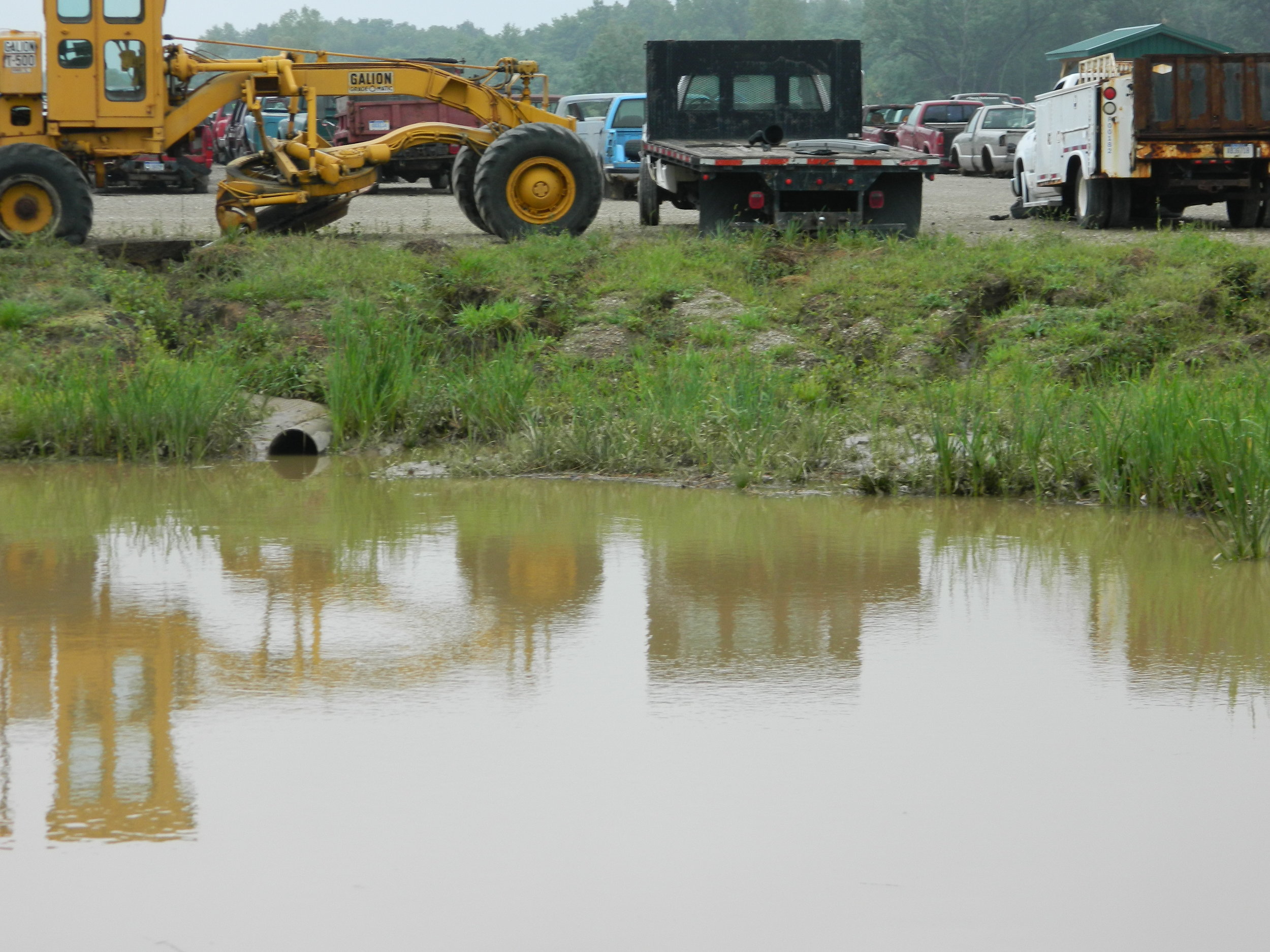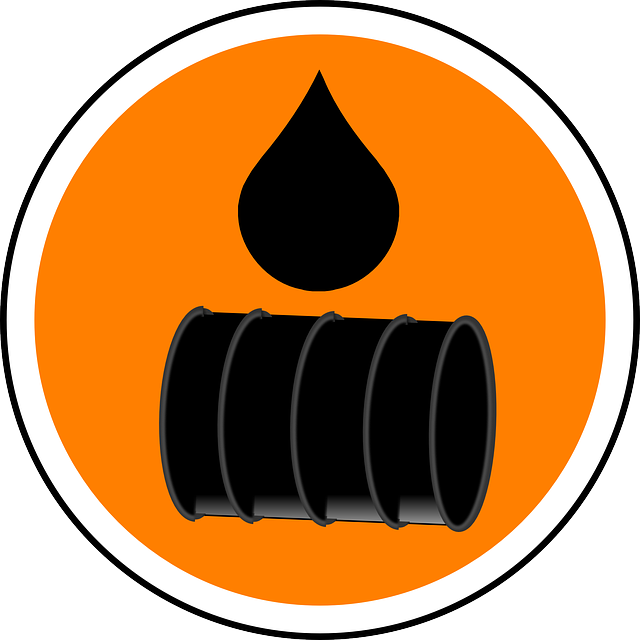Industrial Wastewater Treatment: Advanced Approaches for Effective Monitoring
Industrial Wastewater Treatment: Advanced Approaches for Effective Monitoring
Blog Article
Understanding the Comprehensive Refine of Liquid Waste Disposal: Ideal Practices and Environmental Impact Factors To Consider
The monitoring of liquid waste disposal is a multifaceted problem that requires a thorough understanding of various best techniques and their connected ecological impacts. From the types of fluid waste produced to the approaches employed for collection, treatment, and final disposal, each action plays a critical role in protecting ecosystems and public health.
Kinds Of Fluid Waste
Recognizing the different sorts of liquid waste is necessary for reliable monitoring and disposal practices. Fluid waste can be extensively categorized into numerous types, each needing special handling and treatment approaches.
Industrial fluid waste usually contains dangerous products, including hefty steels, solvents, and chemicals, produced throughout producing procedures. These wastes require rigorous regulatory conformity to protect human health and the environment. Residential liquid waste mainly describes wastewater produced from families, consisting of sewer and greywater, which, although less harmful, can still present considerable threats if improperly taken care of.
Agricultural liquid waste, consisting of overflow from farms, commonly includes plant foods and pesticides that can cause ecological destruction otherwise treated properly. Clinical fluid waste, created from healthcare facilities, consists of contaminated fluids such as bodily liquids and chemicals, requiring specialized disposal techniques to stop infection and ecological contamination.
Last but not least, oil and grease waste, normally created by dining establishments and automobile sectors, can trigger severe blockages in sewage system systems if not managed correctly. Recognizing these groups promotes targeted strategies for treatment, compliance with guidelines, and efficient disposal methods, inevitably promoting environmental sustainability and public wellness safety and security.

Collection Methods
Efficient collection methods are critical for the correct management of liquid waste, guaranteeing that it is gathered securely and successfully prior to treatment or disposal. Numerous strategies are employed relying on the kind of liquid waste produced, the quantity, and the details attributes of the waste.
One usual approach is the usage of committed collection containers or sumps, which are developed to record fluid waste at the source. These systems commonly incorporate pumps that promote the transfer of waste to larger storage space containers or treatment facilities. Furthermore, mobile collection systems outfitted with vacuum cleaner innovation are employed in scenarios where waste is produced intermittently or in hard-to-reach locations.
For industrial settings, closed-loop systems can properly lessen leaks and spills, allowing for the recovery and reuse of liquid waste. It is additionally vital to educate employees on correct collection protocols to alleviate dangers related to dangerous compounds.
In addition, carrying out regular maintenance schedules for collection devices makes sure ideal efficiency and safety. The combination of innovative surveillance systems can enhance collection efficiency by supplying real-time data on waste levels and possible risks. On the whole, reliable collection techniques are foundational to sustainable liquid waste administration techniques.
Treatment Processes
Treatment procedures play a crucial duty in the administration of liquid waste, transforming potentially dangerous materials into recyclable sources or risk-free effluents - liquid waste disposal. These procedures can be generally classified into physical, chemical, and biological approaches, each tailored to deal with specific contaminants present in the waste stream
Physical therapy methods, such as sedimentation and purification, job by getting rid of suspended solids and particle issue. These strategies are often the initial action in the therapy chain, effectively lowering the lots on succeeding procedures. Chemical treatments include making use of reagents to neutralize harmful materials, speed up heavy metals, or oxidize organic pollutants, thereby improving the safety and security of the effluent.
Biological therapy procedures, consisting of turned on sludge systems and anaerobic digestion, profit from the visit their website all-natural capabilities of microbes to break down organic matter. These methods are particularly reliable for wastewater consisting of biodegradable contaminants. Advanced treatment modern technologies, such as membrane purification and progressed oxidation procedures, are increasingly employed to attain higher degrees of purification.
Including a mix of these therapy methods not just ensures compliance with regulatory criteria but additionally promotes environmental sustainability by recovering useful resources from fluid waste.
Disposal Options
How can companies ensure the liable and risk-free disposal of fluid waste? Effective disposal alternatives are vital for guarding public health and the environment. The key methods include land disposal, therapy, and incineration followed by discharge into local wastewater systems.
Land disposal involves the cautious control of fluid waste in marked land fills, making sure that it does not seep right into bordering soil or water. Incineration, on the other hand, subjects fluid waste to heats, converting it right into ash and gases, which need proper purification to decrease emissions. This technique is suitable for harmful wastes that can not be dealt with via traditional methods.
In cases where liquid waste can be dealt with, companies might go with organic or chemical therapy processes to neutralize unsafe elements prior to discharging the dealt with effluent into community systems. This route generally aligns with regulative requirements, making sure that the effluent satisfies security standards.
Inevitably, companies have to carry out comprehensive evaluations of each disposal choice to determine its feasibility, considering elements such as waste structure, governing conformity, and possible threats to health and the environment. By picking ideal disposal approaches, organizations you can try this out can add to a liable waste administration approach.
Environmental Impact
The environmental influence of liquid waste disposal is a critical consideration for companies looking for to decrease their ecological impact. Furthermore, the discharge of without treatment or inadequately dealt with waste right into surface area waters can result in eutrophication, leading to oxygen depletion and the succeeding fatality of fish and various other microorganisms.

To reduce these impacts, companies should take on finest techniques such as executing strenuous waste therapy procedures, promoting recycling and reuse, and sticking to governing requirements. By taking an aggressive strategy to liquid waste administration, entities can dramatically reduce their ecological impact while supporting sustainable development goals. Ultimately, an extensive understanding of the ecological influences linked with liquid waste disposal is vital for informed decision-making and accountable stewardship of natural deposits.
Verdict
Effective monitoring of fluid waste is essential for guarding ecological stability and public health and wellness. Eventually, an extensive understanding of liquid waste disposal not just minimizes environmental effects yet also fosters a commitment to accountable resource monitoring and environmental stewardship.
The administration of liquid waste disposal is a diverse issue that needs a detailed understanding of different ideal practices and their linked ecological influences. From the types of liquid waste created to the approaches utilized for collection, therapy, and last disposal, each step plays an essential role in guarding environments and public health and wellness.The environmental influence of liquid waste disposal is an essential consideration for companies seeking to reduce their eco-friendly impact. Inevitably, an extensive understanding of the environmental influences linked with liquid waste disposal is important for informed decision-making and liable stewardship of natural resources.
Ultimately, a thorough understanding of liquid waste disposal not just minimizes environmental influences however additionally promotes a dedication to liable source management and environmental stewardship.
Report this page